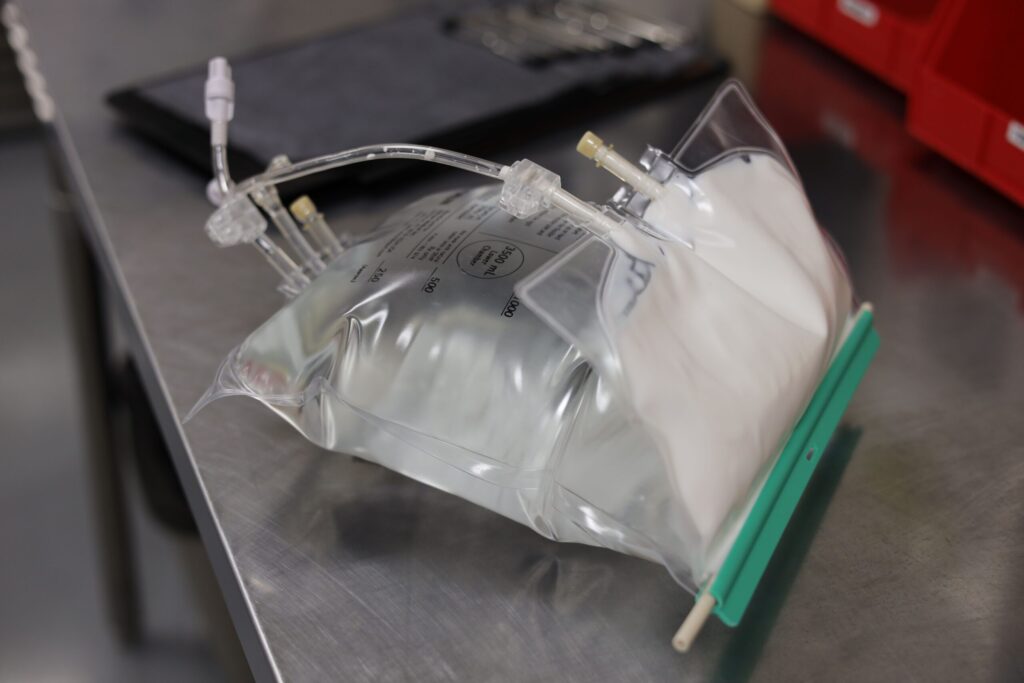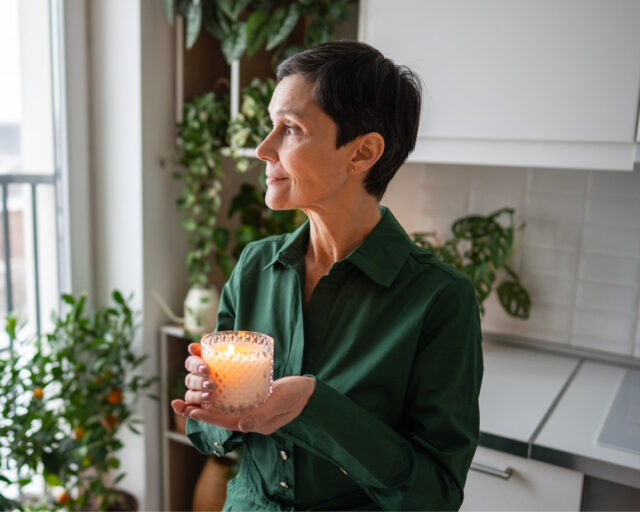Parenteral Nutrition (PN) is a specialized form of therapy that delivers essential nutrients directly into the bloodstream via a central venous catheter. This method is employed for individuals unable to absorb nutrients through the gastrointestinal tract due to various medical conditions. PN formulations are carefully tailored to meet patients’ specific nutritional requirements, ensuring optimal support for their health and well-being.
What are PN Bags?
Parenteral Nutrition (PN) bags are specialized containers designed to deliver a complete nutritional solution intravenously. These bags are typically constructed from ethylene vinyl acetate (EVA) material, known for its compatibility with various nutrients and reduced plasticizer leaching. PN solutions are compounded in sterile compounding pharmacies to ensure the integrity and safety of the nutritional mixture.
A typical PN bag contains a mixture of amino acids (for protein), dextrose (for carbohydrates), lipids (for fats), trace elements and multivitamins. The composition of each bag is tailored to the individual patient’s needs, considering factors such as their medical condition, nutritional status and current laboratory values.
To accommodate different nutritional requirements and ensure the stability of the solution, PN bags can be prepared in various configurations. 3:1 bags combine amino acids, dextrose, and lipids in a single chamber bag. 2:1 bags contain amino acids and dextrose in one chamber, with lipids potentially hung separately. Dual-chamber bags house amino acids and dextrose in one compartment and lipids in another, often with a rod separating the two that can be removed prior to infusion. The choice of bag type depends on factors such as the patient’s specific nutritional requirements and the compatibility of the various nutrients.
Frequently Asked Questions about PN Bags:
- How much does a bag of PN cost?
The cost of a PN bag can vary depending on factors such as insurance coverage and PN formula. Our billing team is committed to working closely with you to understand your specific needs and ensure transparency throughout the process. - What is involved in PN bag preparation?
The preparation of PN bags requires a highly controlled environment to prevent contamination. Nutrishare maintains a sterile workspace equipped with advanced technology and follows rigorous safety measures to guarantee the quality and safety of our products. - What does a typical PN regimen involve?
A typical PN regimen involves daily infusions of PN ranging from 10 to 24 hours per day. Your healthcare team and infusion pharmacy will conduct regular monitoring through laboratory tests and assessments to evaluate your condition and adjust the PN formula as needed. While receiving PN at home, you’ll need to learn how to properly care for the catheter and administer the solution, as insurance coverage often limits nursing visits to one per week for dressing changes or laboratory draws. It’s important to remember that adapting to PN can be a significant transition, and seeking emotional support during this time can be beneficial.
- How much does a bag of PN cost?
Nutrishare: Your Partner in PN Care
Nutrishare, with years of experience in the field of parenteral nutrition, specializes in the formulation and preparation of high-quality PN bags. Our commitment to patient safety and quality control is unwavering, as evidenced by our adherence to strict regulatory standards and the use of state-of-the-art manufacturing practices. We offer personalized PN plans tailored to individual patient needs, ensuring optimal nutritional support. Additionally, our convenient delivery options make it easy for patients to receive their PN solutions. To learn more about how Nutrishare can assist you or your loved ones, please contact our team for a consultation.




